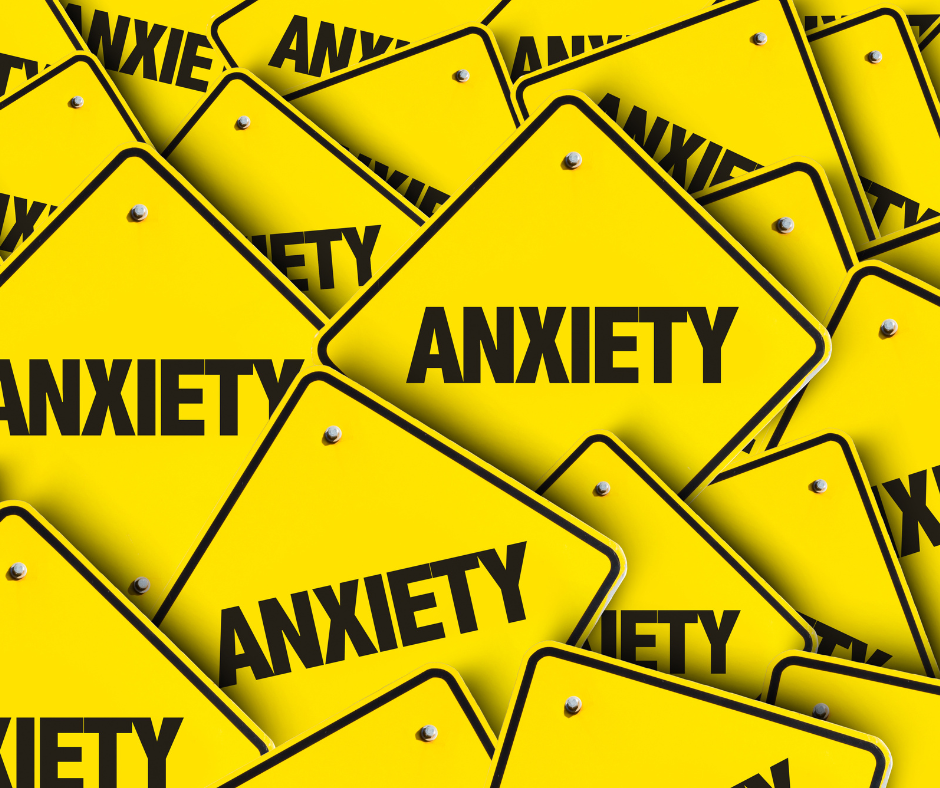
Comprehensive Guide to Anxiety Treatment: Exploring Effective Strategies and the Role of Hypnosis
Anxiety is a common mental health condition that affects millions of people worldwide. While experiencing occasional anxiety is normal, persistent or excessive anxiety can significantly impact daily functioning and overall well-being. Fortunately, various treatment options are available to help individuals manage and alleviate symptoms of anxiety. In this article, we will explore effective anxiety treatment strategies, with a particular focus on the role of hypnosis in alleviating anxiety symptoms. Understanding Anxiety Treatment: Anxiety treatment typically involves a combination of therapeutic approaches, lifestyle modifications, and, in some cases, medication. The goal of treatment is to reduce symptoms, improve coping mechanisms, and enhance overall quality of life for individuals with anxiety disorders. Effective Anxiety Treatment Strategies: Cognitive-Behavioral Therapy (CBT): CBT is a widely recognized and evidence-based therapy for treating anxiety disorders. It helps individuals identify and challenge negative thought patterns and beliefs that contribute to anxiety. Through CBT, individuals learn coping skills and strategies to manage anxiety symptoms effectively. Exposure Therapy: Exposure therapy involves gradually exposing individuals to feared situations or stimuli in a controlled and safe environment. By confronting their fears in a systematic way, individuals can learn to tolerate anxiety and reduce avoidance behaviors. Relaxation Techniques: Relaxation techniques such as deep breathing, progressive muscle relaxation, and mindfulness meditation can help reduce stress and anxiety. These techniques promote relaxation and calmness, making them valuable tools for managing anxiety symptoms. Medication: In some cases, medication may be prescribed to alleviate symptoms of anxiety. Common medications used to treat anxiety include selective serotonin









